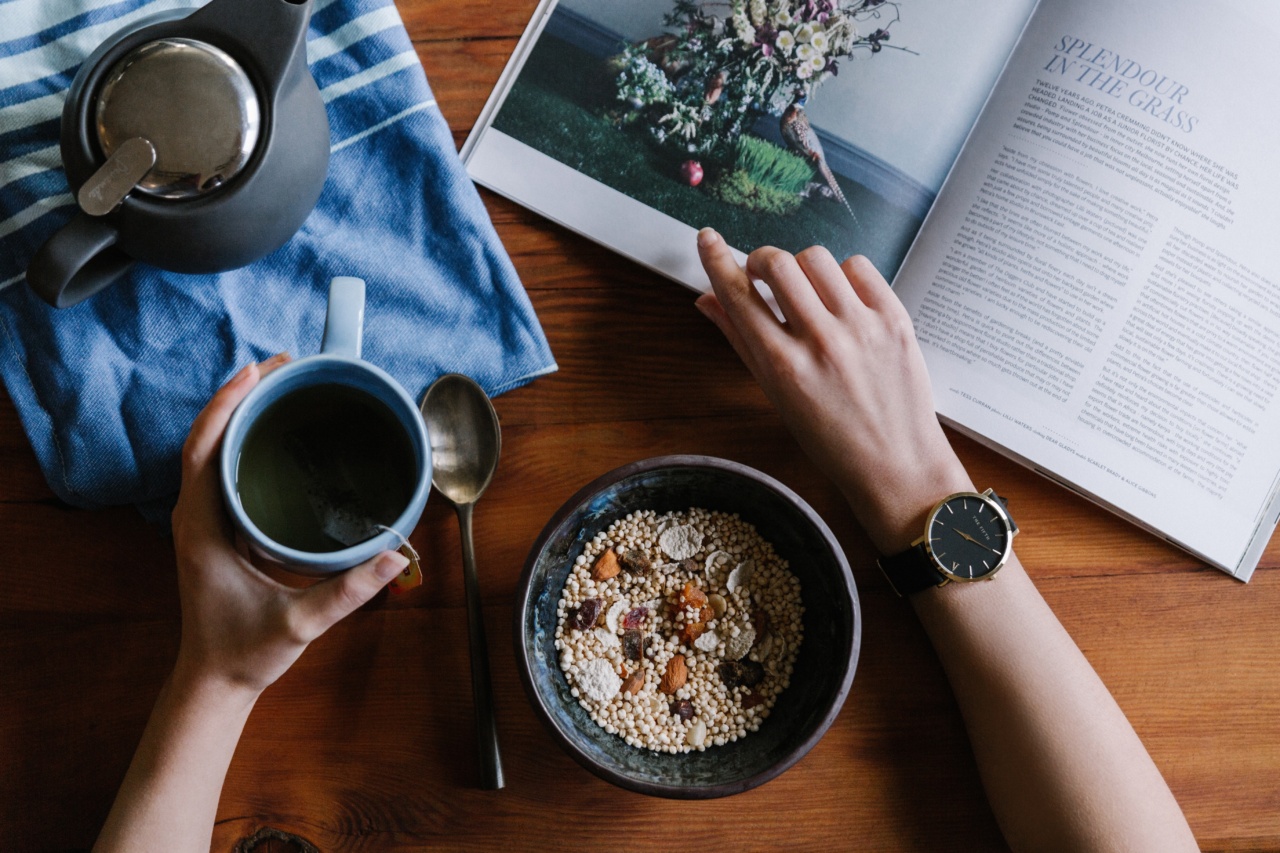Colon cancer, also known as colorectal cancer, is a prevalent and potentially deadly disease that affects the colon or rectum.
According to the American Cancer Society, it is the third most common cancer diagnosed in both men and women in the United States.
While a variety of factors contribute to the development of colon cancer, diet plays a significant role. Numerous studies have highlighted the connection between certain foods and an increased risk of colon cancer.
By being mindful of your diet and avoiding these foods, you can potentially lower your risk of developing this disease.
The Role of Diet in Colon Cancer
Our dietary choices have a considerable impact on our overall health and can significantly influence our risk of various diseases, including colon cancer.
Consuming a diet high in unhealthy foods and low in nutrients can promote inflammation, impair digestion, and alter the balance of bacteria in our intestines, creating an environment conducive to the growth of cancer cells.
Here are ten foods that have been linked to an increased risk of colon cancer:.
Red and Processed Meats
Consistently, studies have shown that a high intake of red and processed meats is associated with an elevated risk of colon cancer.
Red meat includes beef, pork, and lamb, while processed meats refer to those that have been preserved through smoking, curing, salting, or the addition of preservatives. These meats contain carcinogens, such as heterocyclic amines and polycyclic aromatic hydrocarbons, which can damage DNA and promote cancer development in the colon.
Sugar-Sweetened Beverages
Sugary drinks, such as soda, fruit juices, and sports drinks, have become a staple in the modern diet. However, research indicates that regular consumption of sugar-sweetened beverages is associated with an increased risk of colon cancer.
These drinks are high in added sugars, which can lead to weight gain, insulin resistance, and inflammation – all of which contribute to the development of cancer.
Highly Processed Foods
Highly processed foods, including fast food items, snacks, and pre-packaged meals, generally lack essential nutrients and are often high in unhealthy additives like artificial trans fats, preservatives, and excessive sodium.
The regular consumption of these foods has been linked to an increased risk of colon cancer. To reduce your risk, focus on consuming whole, unprocessed foods instead.
Alcohol
While moderate alcohol consumption may have some health benefits, excessive alcohol intake is known to be detrimental to our well-being, increasing the risk of several diseases, including colon cancer.
Alcohol can act as a carcinogen, damaging DNA and impairing the absorption of essential nutrients that help protect against cancer.
Refined Grains
Refined grains, such as white bread, white rice, and pasta made from refined flour, have undergone processing that removes the nutrient-rich outer bran and germ layers. What remains is a starch-heavy product that lacks fiber and other vital nutrients.
A diet rich in refined grains has been associated with an increased risk of colon cancer.
Canned Foods
Many canned foods, including soups, vegetables, and sauces, contain a harmful chemical called bisphenol A (BPA). BPA is known to disrupt hormonal balance in the body and has been linked to an increased risk of several cancers, including colon cancer.
Whenever possible, opt for fresh or frozen foods instead of canned alternatives.
Fried Foods
Foods like french fries, fried chicken, and fried snacks are popular choices for many due to their delicious taste and convenience. However, frequent consumption of fried foods has been associated with an increased risk of colon cancer.
The high temperatures and oil used during frying can lead to the development of harmful carcinogens.
Low-Fiber Foods
A low-fiber diet has long been recognized as a risk factor for colon cancer. Fiber plays a crucial role in maintaining a healthy digestive system and promoting regular bowel movements, which helps eliminate potential carcinogens from the body.
Consuming a diet lacking in fiber can slow down intestinal transit time, allowing harmful substances to remain in contact with the colon for an extended period.
Processed Snacks
Processed snacks like chips, crackers, and cookies are often high in unhealthy fats, refined flour, and added sugars. Overconsumption of these snacks has been associated with an increased risk of colon cancer.
Opt for healthier snack alternatives like fresh fruits, vegetables, nuts, and seeds.
Sodium
An excessive intake of sodium, primarily from table salt and processed foods, has been linked to an increased risk of colon cancer.
High sodium levels can lead to inflammation and irritability in the lining of the colon, contributing to the development of tumors.
To reduce your risk of colon cancer, it is essential to make dietary changes that promote a healthy colon.
Instead of focusing solely on avoiding these foods, it is equally important to incorporate a variety of fruits, vegetables, whole grains, and lean proteins into your diet.





























